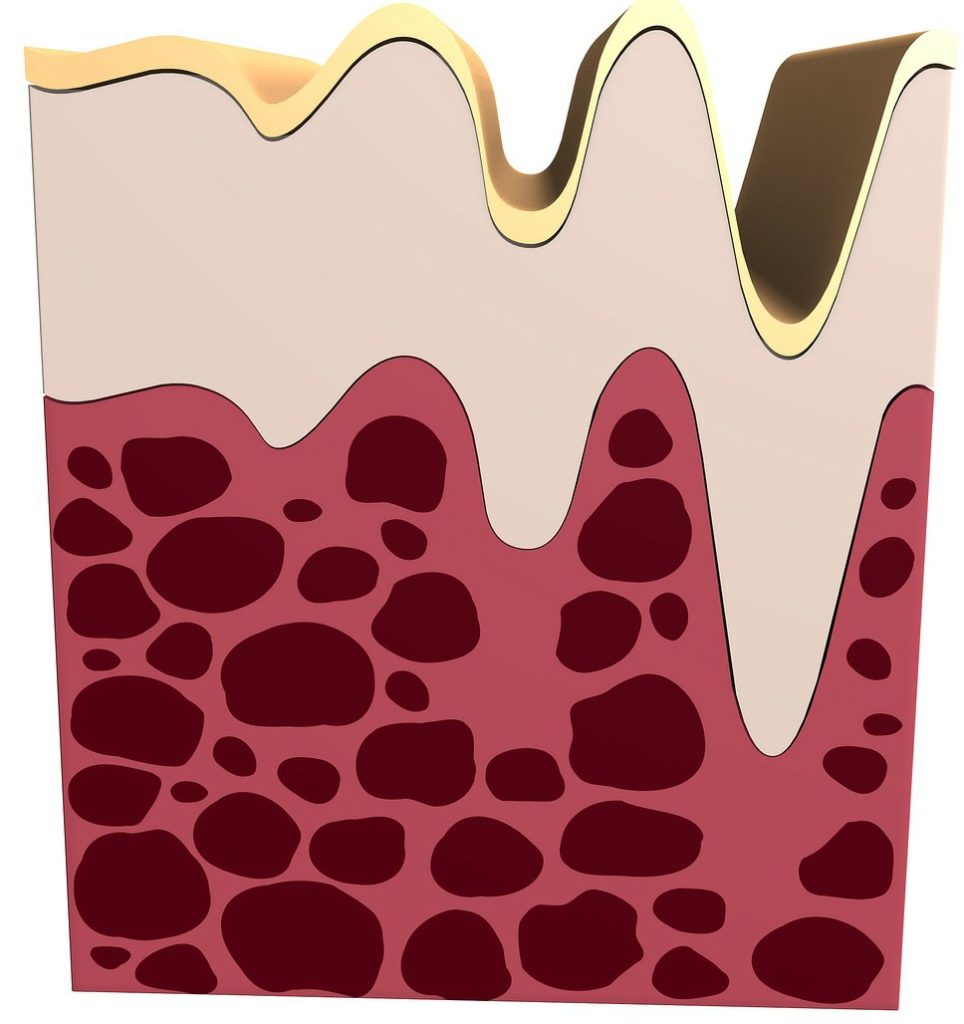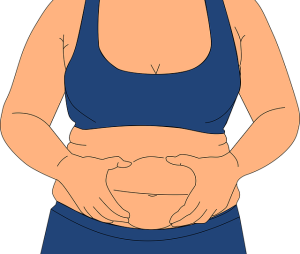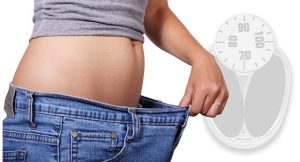You should assume that any links on this page may be affiliate links
Healthy Skin

Collagen
Collagen is an important substance in the human body. It is a structural protein that is used in physiological processes such as bone repair. Collagen is produced from animal bones, cartilage, and skin and is found in many foods. High-protein foods are known to promote the production of collagen. These include fish, meat, dairy products, and legumes. Collagen also contains vitamins C and zinc, which are necessary for its production.
Collagen Supplements
Collagen supplements are derived from animal bones and tissues and contain high-quality collagen. These supplements come in many forms, including powders, gummies, capsules, and liquids. They can also be found in food, such as packaged foods. These foods contain collagen powder and are an excellent way to improve your health.
Collagen and Weight Loss
Collagen can help you lose weight and boost your muscle mass. When consumed regularly, collagen can help your body maintain a healthier gut environment. It contains enzymes that help absorb nutrients, such as collagenase. This helps you digest food better and lose weight. It’s also a powerful antioxidant and anti-inflammatory. Collagen supplements have been shown to increase the size of your muscles, so you can lose fat faster.
Collagen can also help you burn more calories (thermogenesis). It is believed that collagen can increase the production of a hormone that signals fullness. This hormone has been linked to weight loss, and it can also be used to reduce the appearance of cellulite in your body. It is also thought to prevent acne and other skin problems.
Healthy Diet
But it is important to remember that collagen is not a cure-all for all problems, and you need to consult a healthcare provider before taking collagen supplements. A healthy diet and reducing your risk factors are important to increasing collagen production.
By improving the health of your skin and digestive system, collagen supplements can help reverse the signs of aging and prevent the onset of disease such as acne. These supplements may also reduce the risk of cardiovascular events. They may also help improve your mood and fight depression. This supplement may also help you recover after a workout.
Manage Autoimmune conditions
Besides improving your appearance, collagen supplements may also help you prevent and manage autoimmune conditions and reduce joint pain. Collagen can also help heal leaky gut. If left untreated, a leaky gut can be detrimental to your health and can cause severe problems for your body. Collagen can help prevent leaky gut and aid digestion. Collagen has anti-inflammatory properties and has been shown to aid in the treatment of inflammatory bowel disease. It has also been shown to improve pain from osteoarthritis.
Collagen supplements can be taken in powder, capsule, and liquid forms. The powder form is the most commonly used type and can be mixed with water or other liquids. The capsule form doesn’t require mixing and can be taken with your favorite drink or smoothie. This way, you can get the most benefit from a collagen supplement.
If you’re unsure about whether collagen supplements are right for you, consult your healthcare provider. Collagen helps support a healthy body and helps with weight loss. It is a good source of protein and helps build lean muscle mass, which burns more calories than fat tissue. So, collagen can help you lose weight while maintaining a healthy body and looking great. It can even aid with weight loss by making it easier for you to exercise hard.
Collagen contains amino acids of two types: glycine and proline. Glycine is the smallest amino acid without a side chain and is essential to collagen synthesis. Glycine is needed at the third position in the triple helix of collagen. Because it is necessary for the triple helix to form, it needs help from outside sources.
Collagen is responsible for the production of many connective tissues. It also contributes to the development of bones and skin. It also plays a significant role in preventing joint pain. Although randomized controlled trials are limited, some studies suggest that collagen supplements can improve skin elasticity and joint mobility. Collagen is also the main component in cartilage surrounding bones, which helps cushion the shock of high-impact movements. Therefore, collagen is essential for maintaining a healthy body and a healthy skin.





